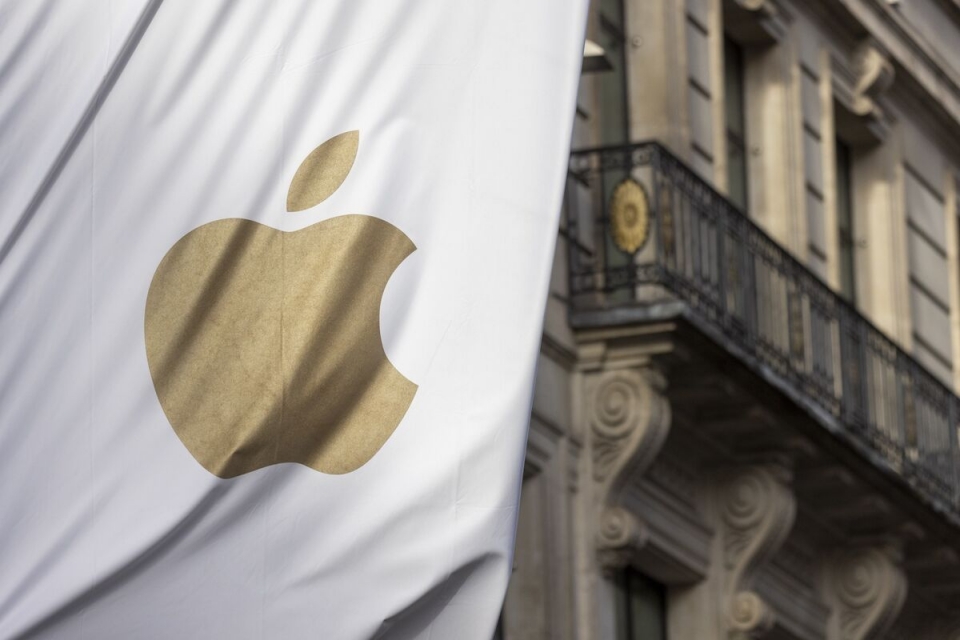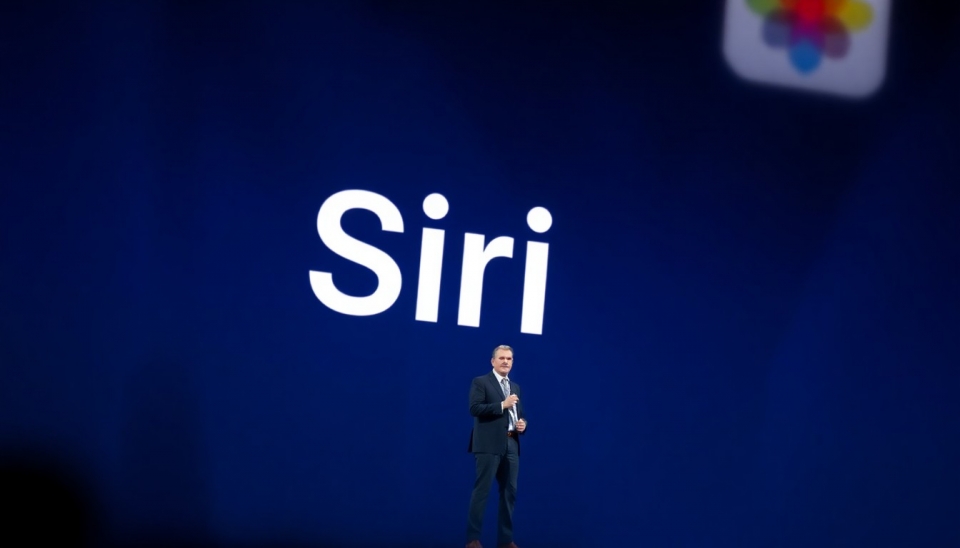
In a significant move that could reshape the technological landscape of its flagship iPhone, Apple Inc. is nearing the completion of its plan to introduce in-house developed Bluetooth and Wi-Fi chips. This strategic shift, set to roll out in upcoming generations of the iPhone, aims to enhance performance, reduce dependency on external suppliers, and potentially lower production costs.
Currently, Apple’s iPhones utilize chips supplied by Broadcom, a crucial partner in the company's supply chain. However, as Apple seeks to streamline its operations and exert greater control over its hardware, developing its own chips appears to be a logical next step. The in-house chips are expected to provide better integration with Apple’s iOS ecosystem, allowing for improved connectivity and optimized performance.
The push to create proprietary chips underscores Apple’s ongoing trend of vertically integrating its supply chain in key areas including processors and chipsets. Prior to this initiative, the company had successfully transitioned its laptop and desktop lines to utilize its own M-series chips, showcasing a clear commitment to innovation and self-reliance.
Industry analysts speculate that Apple’s move could further enhance its competitive edge in the smartphone market, particularly as it allows for more efficient designs and potentially longer battery life. By controlling the design and functionality of crucial components, Apple can tailor its devices to meet the specific demands of its customer base, thereby reinforcing brand loyalty and market share.
Moreover, the development of proprietary Bluetooth and Wi-Fi chips aligns with Apple’s ongoing pursuit to make its devices more interconnected, and create a seamless experience across its product ecosystem. The integration of such technology would complement advanced features in future iPhones, including enhanced wireless capabilities that may also support upcoming augmented reality applications and services.
While the timeline for the official unveiling of these in-house chips remains uncertain, insider sources indicate that Apple is moving steadily towards realization. As the tech community closely watches this development, it will be crucial to assess how this shift impacts not only Apple’s products but also its suppliers and the broader industry landscape.
The anticipated release of these chips may also reflect on Apple’s broader strategic direction, focusing on long-term innovation and sustainability efforts. By investing in proprietary technologies, Apple signals its commitment to redefining user experiences while maintaining a keen eye on operational efficiencies.
In conclusion, as Apple stands on the brink of integrating new Bluetooth and Wi-Fi technologies into its devices, the outcome promises to be pivotal, not just for the company, but for consumers and competitors alike. This initiative may herald a new era of enhanced connectivity and performance for the iPhone, setting the stage for innovative developments in the future of mobile technology.
#Apple #Bluetooth #WiFi #TechNews #iPhone #Innovation
Author: Liam Carter




